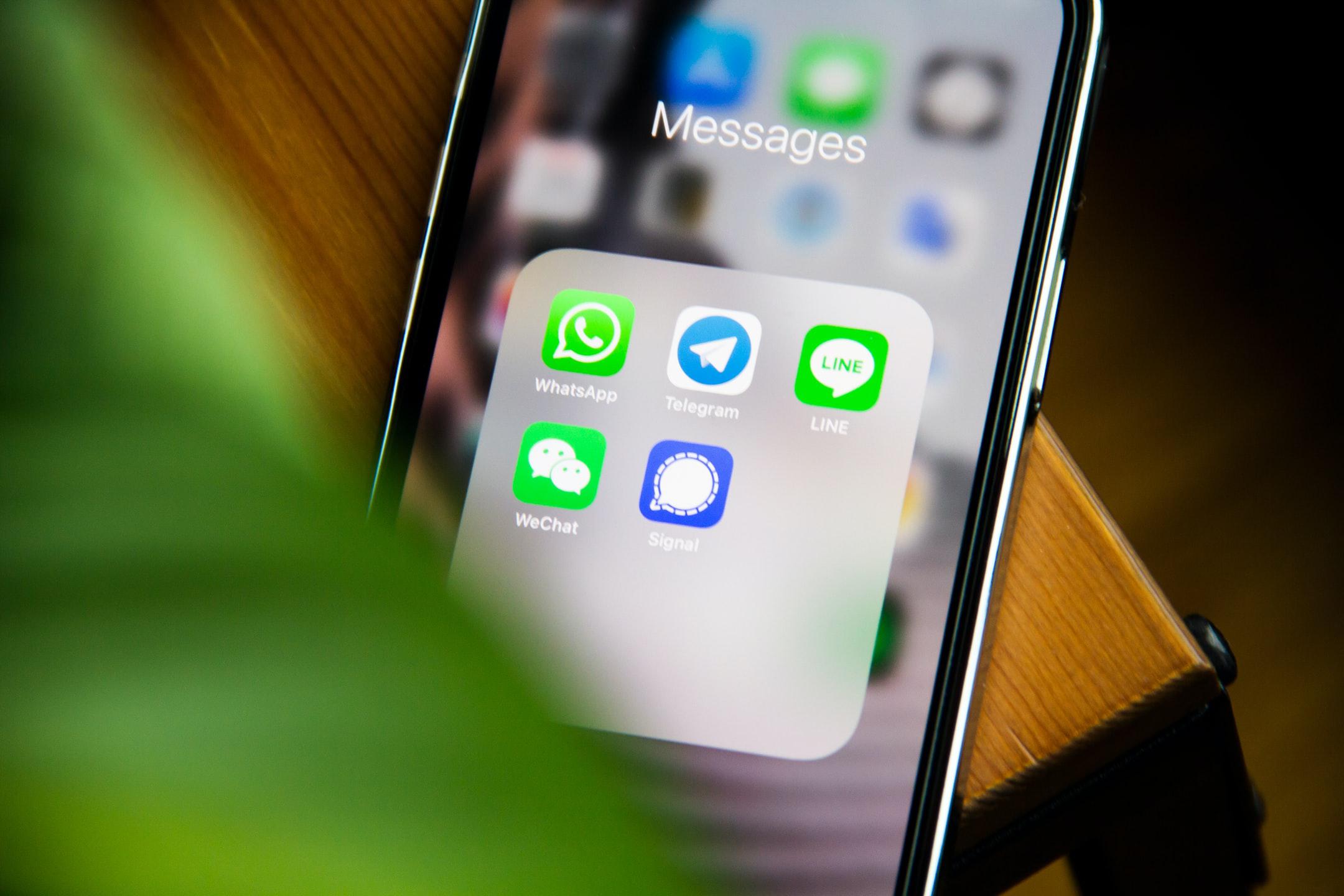
Today, you’re more likely to have experienced a robocall for yourself than you are to have never received one at all. Robocalls are common scam tactics employed by companies and individuals seeking to steal personal information for profit. These calls can appear as unrecognized numbers or numbers that appear to be from your area code. Robocalls are typically pre-recorded messages that are sent out to a large number of consumers at once.
From extended car warranties calls to messages about credit card services, some robocalls can be more believable than others. Thankfully, in recent years, the FCC has put measures in place to combat robocalls and help people avoid falling for them. To provide insight into robocalls, their history, and how the FCC and Prescott-Matini can help your business mitigate robocalls, we’ve put together this article.
The first mention of robocalling comes from an article in Personal Computing Magazine from 1977. At the World Altair Computer Convention of 1976, there was a presentation given on the use of personal computers to dial phone numbers and play a taped voice message when a call was picked up. Even then, the idea of robocalling was considered to be an invasion of someone’s privacy.
Since the first presentation of the idea, the practice of robocalling became widespread and subsequently increased over the years, and has taken on the form of debt collection calls, political messaging, and various forms of telemarketing.
According to Warranty Informer, in July of 2020, there were around 3.6 billion robocalls made — with an average of 117 million taking place each day.
In 2019, the FCC passed the TRACED Act, which mandated that STIR-SHAKEN protocols be adopted by every major U.S. telecom company with a deadline of June 30, 2021 for larger carriers, and a deadline of June 30, 2022 for smaller carriers.
This means that phone companies of all sizes must be compliant with the TRACED Act to avoid fines, penalties, or lasting damage to their reputation. Since these measures are aimed to lower robocalls and help consumers more easily identify robocalls, consumers will expect their carriers to have the measures implemented so that they’re better protected from these calls.
The TRACED Act not only requires the implementation of Caller ID authentication, but also requires that the FCC report criminal robocallers to the Justice Department, provide consumers with free access to robocall blocking services, and increase penalties for violators.
Over time, consumers learned that robocallers would often use strange numbers with unfamiliar area codes. To increase the likelihood that an individual would answer a robocall, robocallers began “spoofing” their numbers.
Spoofing allowed a robocaller’s number to appear like a number the victim would recognize, thus leading to more calls being answered. This is what STIR/SHAKEN aims to fight.
STIR/SHAKEN is a caller ID authentication technology that more effectively identifies spam callers versus real individuals. And each major telecom company must adhere to STIR/SHAKEN protocols to keep their customers safe.
At Prescott-Martini, our priority is to help your business implement STIR-SHAKEN protocols so that you can end robocalling for your customers and remain compliant with the FCC. You can either send us STIR-SHAKEN requests through MYSQL or SIP or, if you forward your calls to us, we can authenticate your calls via SIP pass-through.
Additionally, we can help provide you with solutions that generate authentication tokens internally so that you can both authenticate a caller number, and then assign them with an attestation.
To learn more about how we can help your company end robocalling, reach out to us today!
Stay updated on the latest news in the regulatory and compliance world! Sign up to receive our newsletter.